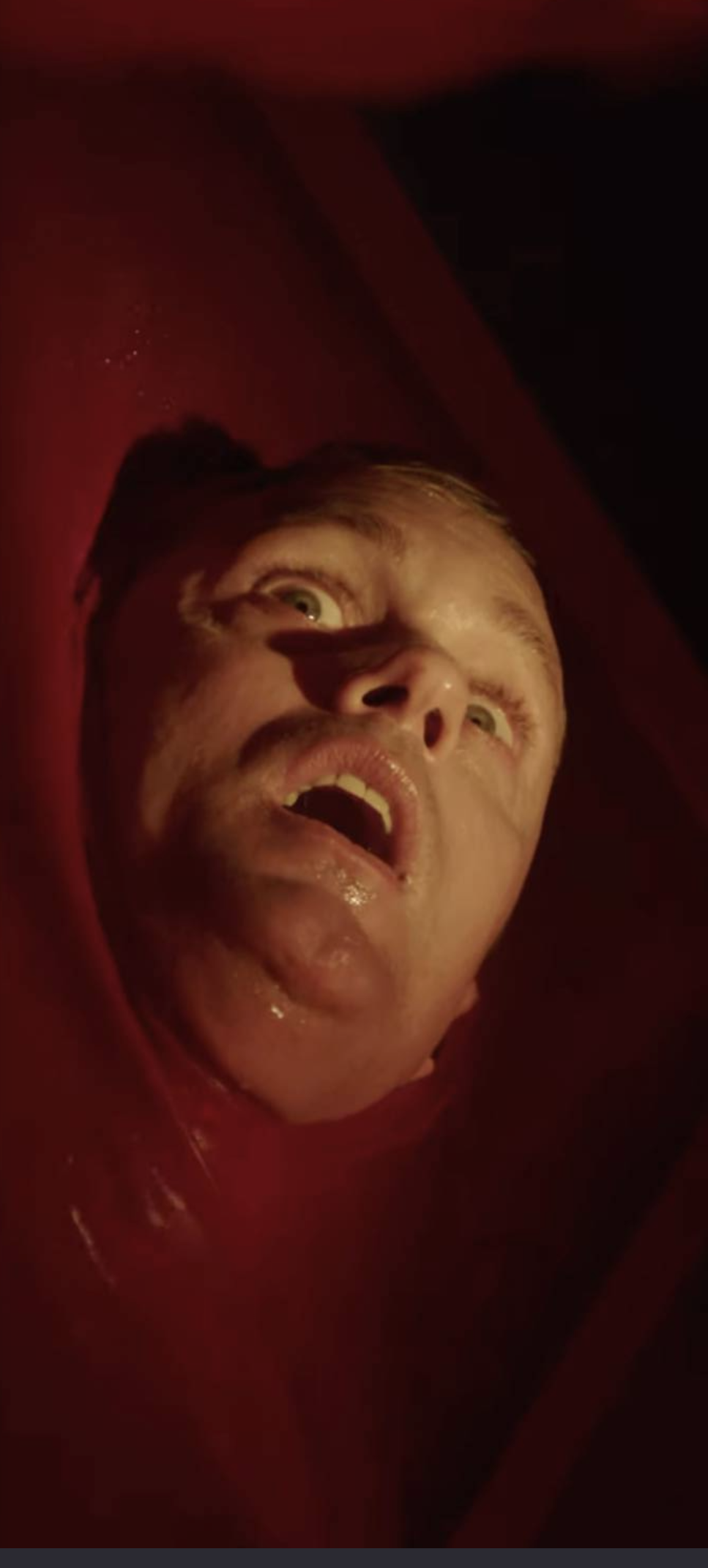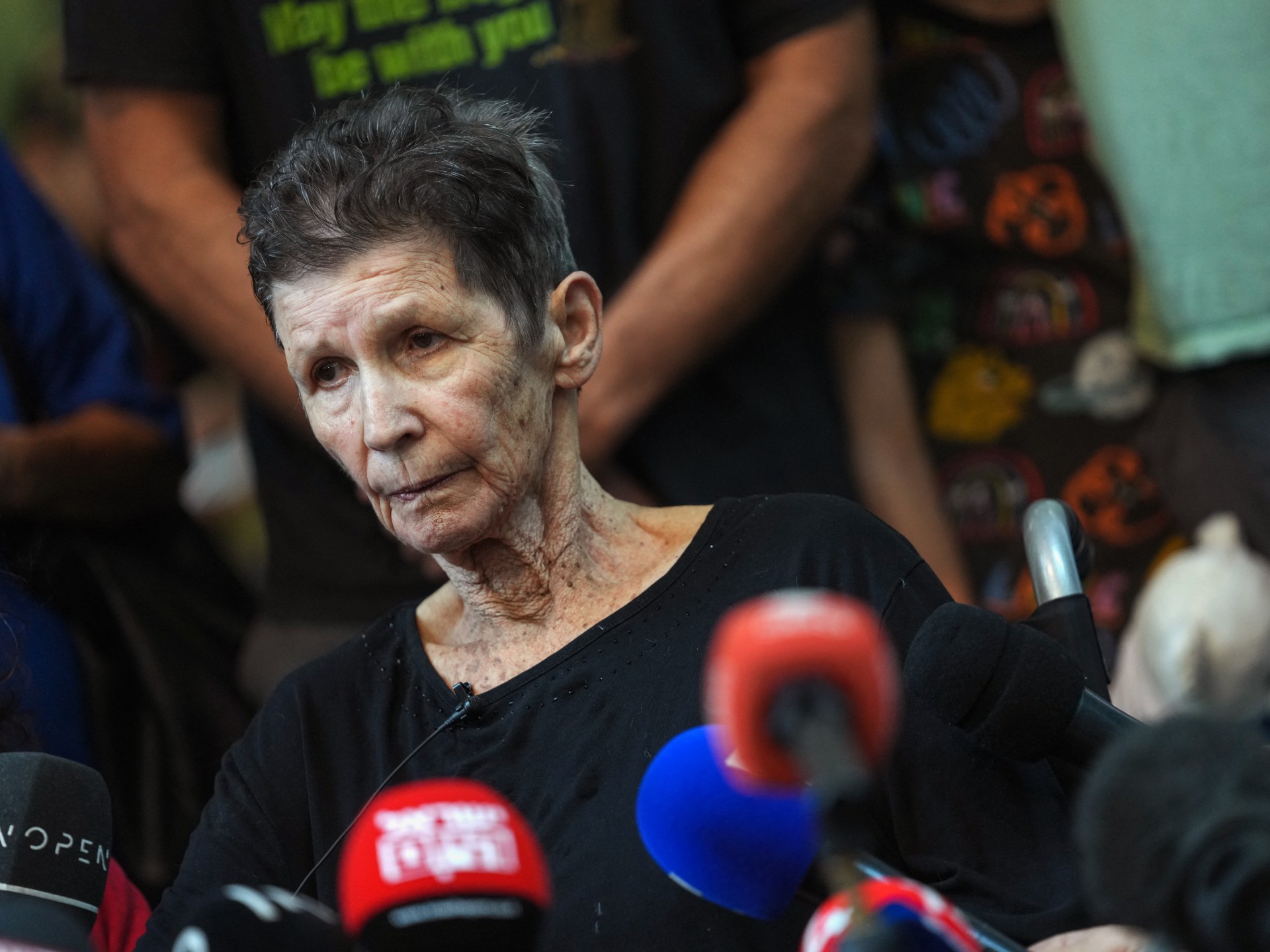“When I was on the bike, my head was on one side and the rest of my body on the other side,” she said. “The young men hit me on the way. They didn’t break my ribs but it was painful and I had difficulty breathing.”
Once in Gaza, however, she said her captors “treated her well”, giving her and other captives “the same food they ate” and bringing in a doctor to provide medicine.
“They treated us gently, and provided all our needs,” she said, when questioned about her reason for shaking the hand of one of her captors at the moment of her release.
“They seemed ready for this, they prepared for a long time, they had everything that men and women needed, including shampoo,” she added.



Her husband, still held in Gaza, used to drive sick Gazan children to treatments in Israel.
That’s interesting. Are you saying that perhaps that’s why they were treating her well? I’m not entirely sure what point you’re trying to make as there’s a few ways to interpret that.
I’m not sure myself, if this elderly couple is on good terms with some Gazan families, AND those could put a good word for them, it would make sense to release both women AND their elderly husbands…
On the other hand, if Hamas suspected they won’t survive the captivity for much longer, they’re of limited value as actual hostages, and their release will allow Hamas to score some sympathy points.
Who can know for sure, except for Hamas leaders?